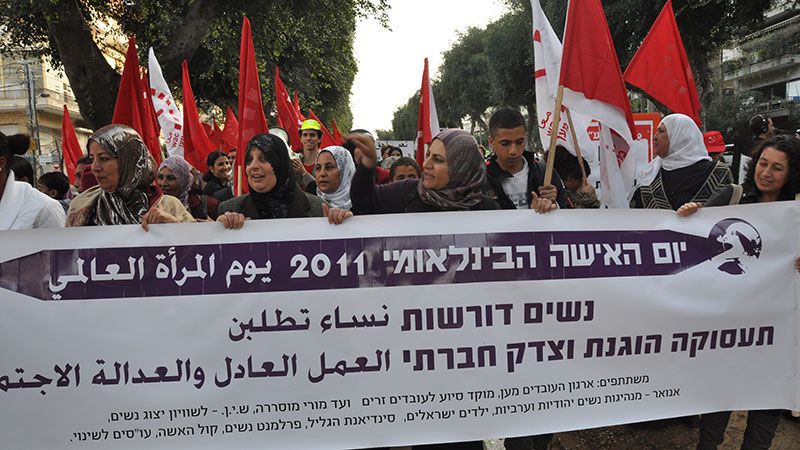What is leadership?

Neil Thorns is our Director of Advocacy, Communications and Education at CAFOD. He shares some reflections and thoughts on the role we can play in the challenging, uncertain times.
Who would be a leader in today’s world? Pope Francis may have called it a noble profession, and called on leaders to look beyond electoral cycles, but are they? And what part should we, the public, be playing to encourage them?
Life doesn’t feel easy at the minute. We’re recovering from a global pandemic, faced with the climate crisis and conflict situations such as that in the Holy Land can make us feel powerless and angry at ‘our leaders’.
I’m lucky in my job because I often hear, see or meet people who illustrate the words of the famous anthropologist Margaret Mead: “Never doubt that a small group of thoughtful committed individuals can change the world. In fact, it’s the only thing that ever has.”
Individuals like Archbishop Odama of Gulu Archdiocese in northern Uganda, a CAFOD partner and a truly incredible man who works tirelessly for peace. His region was blighted by over two decades of terrible conflict between the Government of Uganda and the rebels of the Lord’s Resistance Army (LRA). At night, children would come into towns to sleep in public places to avoid the LRA abducting them to serve as child soldiers and child brides.
In an act which spoke more than any speech, one night Archbishop Odama walked with these children for almost four kilometers to Gulu town and spent a cold night on the veranda of a shop alongside the children. He chose to sleep in a nylon sack, just like the children, rather than bringing a warm blanket. It was an act of solidarity and a way to bring attention to the plight of the children; it’s something that people in northern Uganda still talk about.
Archbishop Odama was always clear that the failed military offensives against the LRA showed force was not the answer, and he always believed in a negotiated peace settlement. This is a sentiment which chimes when you look at the current situation in Gaza, where the bravery and leadership of CAFOD’s partners who are supporting both sides in the face of such trauma and suffering – and who are also losing their lives, or their loved ones – is also truly moving.
For our leaders, taking a longer-term outlook, of the kind Archbishop Odama advocated, is critical if we are to deal with the most pressing issues of our times, like the climate crisis. The recent rolling back of green policies by the UK government as announced by the Prime Minister displayed a real lack of leadership. We need decisive action now, the more we delay the harder it becomes. When an issue is so important it should be about working together like Labour and the Conservatives did to pass the Climate Change Act in 2008, rather than using it to drive a wedge between people.
As Pope Francis says in Laudate Deum, “We risk remaining trapped in the mindset of pasting and papering over cracks, while beneath the surface there is a continuing deterioration to which we continue to contribute. To suppose that all problems in the future will be able to be solved by new technical interventions is a form of homicidal pragmatism, like pushing a snowball down a hill.”
And so, to the role that we can play. If we want our politicians to look beyond electoral cycles, then we must encourage them to do so and congratulate them when they do. When was the last time you wrote, tweeted or messaged your MP, Minister or Prime Minister to say well done? Starting to do so, particularly as we approach the next election, might be one way we can encourage our elected representatives, in the word of Saint Oscar Romero “to be more, not to have more”.
As Margaret Mead said: our small actions can help change the world. I was hugely moved when a group of CAFOD supporters, who had come to Paris in 2015 at the time of the crucial UN climate talks, responded to news that a climate agreement was hanging in the balance by travelling to the conference centre and praying outside as the negotiations entered their final day. It was a simple act, by a group of committed individuals doing what they could at that moment, which spoke more than words.